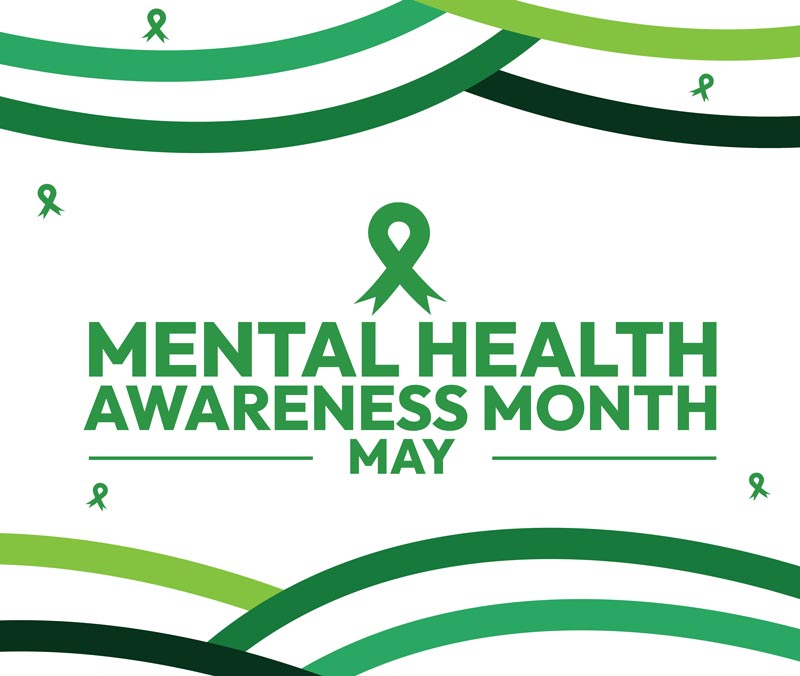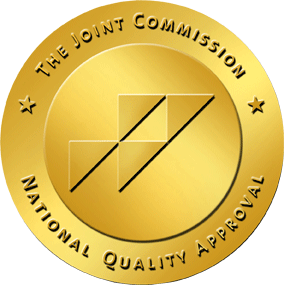By Dr. Sophianne Schwab, Medical Director at Skyway Behavioral Health
The rise of GLP-1 medications like Ozempic and Wegovy has ignited significant debate, particularly among those of us working with eating disorder (ED) clients. These medications raise vital questions about equity, weight stigma, and bodily autonomy. As a psychiatrist specializing in eating disorders, I’ve observed the impact of GLP-1 medications on clients and their treatment journey. This blog explores these medications, how they work, and key considerations for their use in ED treatment.
The Role of GLP-1 Medications
GLP-1 medications, designed initially to manage diabetes, affect blood glucose regulation and appetite. Recently, they’ve been approved for intentional weight loss and heart health, and their usage has surged. Here’s a brief timeline of their development:
- 2005: Approved for treating type 2 diabetes.
- 2014: Approved for weight management.
- 2023: FDA expanded approvals for cardiovascular health in patients with obesity.
These medications often reduce appetite and slow digestion, both of which can be particularly concerning for ED patients due to the potential for nutritional deficits and disordered eating behaviors.
Why the Sudden Surge?
The surge in popularity for GLP-1 medications is fueled by their promise of rapid weight loss. However, this can trigger or worsen ED behaviors, leading to critical questions when a client with an ED is on—or requests to start—a GLP-1 prescription. The Skyway team and I work through these complex cases by considering each client’s unique biopsychosocial needs.
Key Questions to Ask
When evaluating GLP-1 medications for ED clients, I ask five key questions:
- Why is this medication prescribed? Understanding whether it’s for diabetes, cardiovascular health, or intentional weight loss helps us gauge alignment with ED treatment goals.
- Who prescribed it? Prescribing physicians can include general practitioners, endocrinologists, cardiologists, and even med spas. Knowing the prescriber helps us connect for comprehensive care planning.
- Is the prescriber aware of the client’s ED diagnosis? Often, prescribers aren’t aware of an ED diagnosis due to under-screening and stigma. Skyway requires a full Release of Information to communicate with other providers.
- What are the side effects? Common side effects like nausea, loss of appetite, and dizziness can interfere with ED treatment. Rare but severe side effects like pancreatitis or thyroid issues require vigilant monitoring.
- Is everyone aligned on treatment goals? Ensuring that all providers and the client work towards unified goals is crucial in providing holistic, client-centered care.
Real-Life Cases in ED Treatment
At Skyway, we take a trauma-informed approach that respects each client’s autonomy. Here are two case studies that illustrate the complexity of GLP-1 usage in ED treatment:
Case Study 1: Navigating Weight Loss Medications and ED Treatment Conflicts
Client Profile: A 35-year-old female diagnosed with OSFED (Other Specified Feeding or Eating Disorder), PTSD, and Major Depressive Disorder entered Skyway’s Partial Hospitalization Program (PHP) to address trauma and ED symptoms. Her ED-related behaviors included restriction, purging, and frequent laxative use, with a BMI of 35.
Medication and Provider Background: She was prescribed Zepbound, a GLP-1 medication for weight loss, through an online telemedicine service that neither met her in person nor screened for her ED diagnosis. This lack of oversight complicated her treatment at Skyway.
Impact of Medication on Treatment: Zepbound caused severe nausea and vomiting, significantly hindering her ability to follow a meal plan—a key aspect of ED recovery.
Challenges and Considerations:
- Misalignment of Goals: Zepbound was prescribed solely for intentional weight loss, conflicting with her ED recovery goals, which prioritize nutritional stability and weight restoration.
- Safety and Side Effects: The medication’s side effects, particularly nausea and vomiting, mirrored her purging behaviors, potentially reinforcing harmful patterns.
- Client Autonomy: Despite the medication’s impact on her recovery, the client wanted to continue using Zepbound, creating a challenge between honoring her autonomy and prioritizing treatment goals.
Outcome: Following a collaborative discussion and education on Zepbound’s risks in her situation, her care team helped her develop a balanced plan that addressed both her ED recovery and overall health. This included exploring alternative approaches to support her physical and mental well-being.
Case Study 2: Managing Co-Occurring Medical and ED Needs
Client Profile: A 25-year-old female presenting with OSFED, Major Depressive Disorder, and Generalized Anxiety Disorder, admitted to PHP to manage mood, anxiety, and ED symptoms. With a BMI of 35, her ED-related behaviors included restricting food during the day, binge eating at night, and engaging in excessive exercise.
Medication and Provider Background: The client was prescribed Wegovy, a GLP-1 medication, by her primary care physician (PCP) to address PCOS (Polycystic Ovary Syndrome) and prediabetes. Unlike in the first case, her PCP had an established relationship with her, was aware of her ED, and had prescribed Wegovy with a full understanding of her co-occurring conditions. The PCP believed Wegovy’s benefits for PCOS and insulin resistance outweighed potential risks to her ED recovery.
Impact of Medication on Treatment: The client had been on a therapeutic dose of Wegovy for two months and was tolerating the medication well without major side effects. Importantly, she was able to complete her meal plan and participate fully in her ED treatment, despite the appetite-suppressing effects of the medication.
Challenges and Considerations:
- Alignment of Goals: The client and her treatment team, including her PCP, agreed on the goals of managing both her PCOS and ED symptoms. The medication was primarily prescribed for her metabolic condition rather than weight loss, which aligned more closely with her treatment goals.
- Monitoring Side Effects: Regular monitoring ensured that the medication did not disrupt her eating behaviors or contribute to ED-related symptoms like restriction or avoidance. Additionally, her care team was vigilant in adjusting her treatment plan to address any signs of medication interference with her ED recovery.
- Client Autonomy and Holistic Care: Given that the client felt well-supported on Wegovy, the team respected her choice to continue the medication, supporting her autonomy and helping her manage her ED without compromising her physical health.
Outcome: The client was able to work towards reducing ED behaviors and meeting her meal plan goals while benefiting from the PCOS treatment provided by Wegovy. This case illustrated a successful integration of GLP-1 medication in ED care when there is alignment, comprehensive oversight, and a client-centered approach.
Communication and Collaboration Are Key
For clients considering or using GLP-1 medications, collaboration between medical providers, dietitians, therapists, and the client is essential. We prioritize regular communication across care teams to weigh the risks and benefits, always centering the client’s voice in decision-making.
Conclusion: A Personalized Approach
GLP-1 medications may offer health benefits, but they require a nuanced, case-by-case evaluation, especially in ED treatment. At Skyway, we emphasize trauma-informed care, client autonomy, and a holistic approach, ensuring that each treatment plan aligns with clients’ unique needs and recovery goals.
Skyway Behavioral Health offers comprehensive treatment options for eating disorders, with a team of psychiatrists, dietitians, therapists, and somatic therapy providers. Our inclusive, weight-neutral approach ensures that all clients feel supported on their journey to recovery.
For more information about our programs and services, please contact us at Skyway Behavioral Health.




